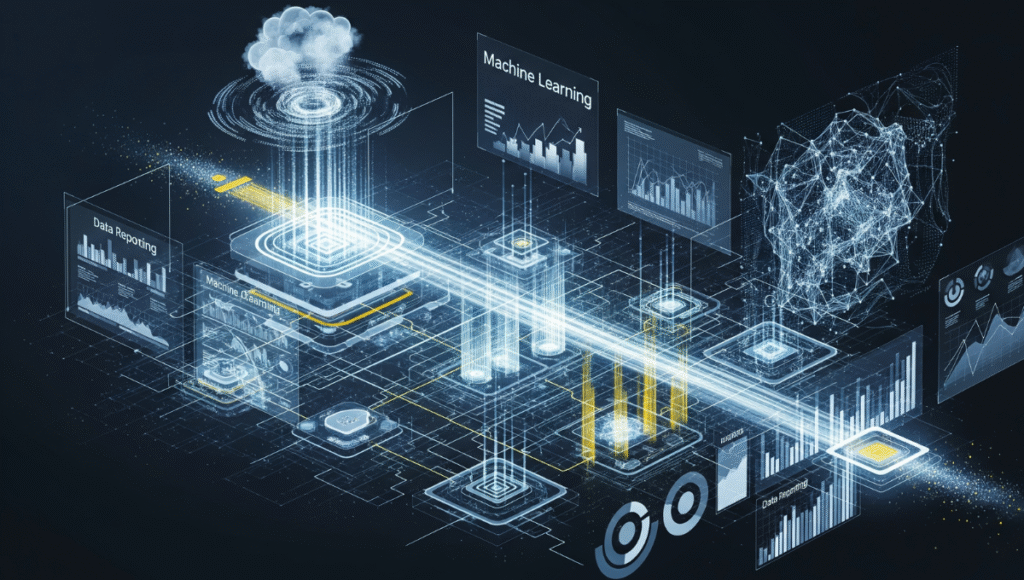In today’s fast-changing digital world, new terms and technologies appear frequently, often leaving professionals and enthusiasts searching for clarity. One such term that has gained attention is çe iir. While its presence is growing in discussions about data and digital systems, many still do not fully understand its background, role, and value. This detailed guide explains çe iir, covering its origins, structure, applications, advantages, and future possibilities.
What is Çe IIR
The phrase çe iir comes from the Turkish expression “Çevrim İleri İstekleri ve Raporları,” which translates to “Forward Transformation Requests and Reports.” In global technology contexts, çe iir refers to a framework that manages data requests, reporting, and adaptive processes. At its core, it is an advanced information retrieval and request handling system that uses artificial intelligence, cloud computing, and smart algorithms to optimize data processing and improve digital interactions.
History and Evolution of Çe IIR
The development of çe iir began in the early 2010s when organizations started facing the challenge of processing massive data flows. Traditional static systems could not keep up, and the need for flexible, intelligent frameworks became urgent. Çe iir was first adopted in Turkey, especially within government and technological institutions, where it quickly proved effective in handling complex data requests. Over the years, it evolved by integrating artificial intelligence, natural language processing, and cloud deployment, making it useful for industries worldwide.
Key Components of Çe IIR
To understand çe iir, it is important to look at its major components.
- The request management module organizes and prioritizes incoming requests.
- The data processing engine applies AI tools to transform raw data into useful information.
- The reporting system creates detailed and customizable reports.
- The feedback and learning layer improves performance by applying machine learning and user insights.
- The integration interface connects seamlessly with databases, APIs, and external platforms.
Applications of Çe IIR
The flexibility of çe iir allows it to be applied across multiple fields.
- In government, it manages citizen data requests, real-time reporting, and policy analysis.
- In business, it improves supply chain operations, customer analytics, and financial forecasting.
- In healthcare, it helps with patient data management, research, and emergency systems.
- In education, it supports student tracking, administration, and e-learning customization.
- In smart cities, it is used for traffic monitoring, utility management, and environmental analysis.
Benefits of Using Çe IIR
Organizations that adopt çe iir gain many advantages. It increases efficiency by automating request handling, delivers real-time insights, and scales easily as data grows. Reports and workflows can be customized, while integration capabilities allow it to work smoothly with existing systems. Most importantly, it provides accurate and timely information that improves decision-making across industries.
Challenges of Çe IIR
Despite its strengths, çe iir also has challenges. Its implementation is complex and requires expert knowledge. Since it often handles sensitive information, strict data privacy and security protocols are necessary. It can also demand significant resources, from computational power to infrastructure, and organizations may need time to adapt fully to its capabilities.
Future of Çe IIR
The future of çe iir looks promising as technology continues to advance. Integration with artificial intelligence and deep learning will improve predictive analytics and autonomous decision-making. Edge computing will allow faster decentralized data processing. Blockchain can increase security and transparency, while natural language processing will make interactions more intuitive. With global data volumes increasing, systems like çe iir will become even more essential in the years to come.
Conclusion
Çe iir is a major step forward in how data requests and reporting systems are managed. By combining speed, adaptability, and intelligence, it has become a powerful tool for digital transformation across sectors. While it requires careful setup and resources, its long-term benefits are significant, and ongoing technological improvements will make it even more effective. Understanding çe iir gives both organizations and individuals the opportunity to use data more strategically and make better decisions in a connected digital world.

